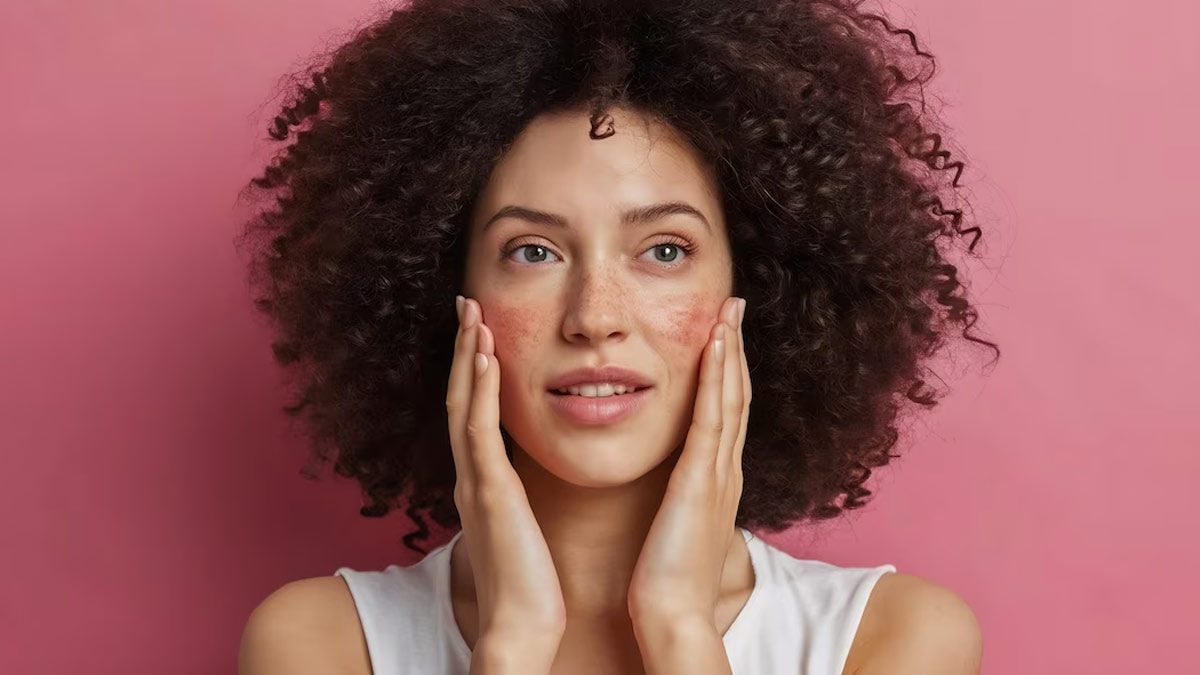
Eczema is a group of skin conditions that has a lifetime prevalence of about 15–30% in children and 2-10% in adults, according to StatPearls Publishing. Research notes that more than 50% of cases will develop the disease within the first year of life.
Table of Content:-
People suffering from the condition experience a wide range of symptoms, from dry, itchy bumps to oozing, crusting, and thickened skin. Sometimes, depending on the location, the impact of the condition may also vary.
Also Read: Eating Too Much Salt Can Raise Chances Of Eczema: Study
What Is Eczema?

In an interaction with the OnlyMyHealth team, Dr Rashmi Ravindra, Consultant Dermatologist, Fortis Hospital, Bannerghatta Road, Bengaluru, says, "Eczema is a chronic skin condition that causes dry, itchy, and inflamed skin. It disrupts the skin's natural barrier, making it sensitive to irritants and allergens."
There are several types of eczema. Atopic dermatitis and contact dermatitis are two of the most common types. While atopic dermatitis can develop at any age, causing itchy rashes in any part of the body, contact dermatitis occurs when the skin comes into contact with an irritant or an allergen.
Common symptoms include:
- Dry skin
- Itchy skin
- Rash on swollen skin
- Small, raised bumps
- Thick patches of skin
- Flaky, scaly, or crusty skin
Are Eczema Symptoms Different On The Face And Neck?

It is important to note that eczema symptoms can vary from person to person and may differ in severity and appearance.
The face and neck are common areas where eczema symptoms can occur.
According to Dr Ravindra, eczema on the face and neck can appear slightly different. He highlights that the thinner skin in these areas may show more swelling and redness and be more prone to oozing or crusting. Additionally, these areas may be more prone to patchy, dry, or scaly skin.
The neck is more prone to atopic dermatitis, which often affects both sides in a symmetrical pattern. You might also see eczema on other areas, like the inner elbows and behind the knees, if it's atopic dermatitis.
The doctor adds, “While triggers can vary, common ones for facial and neck eczema include irritants in soaps, fragrances, or detergents, dry weather, dust mites, and allergens like pollen.”
Moreover, eczema flare-ups can be just as severe on the face and neck as on other body parts. However, the delicate skin in these particular areas makes the irritation more noticeable and potentially more uncomfortable, Dr Ravindra notes further.
Also Read: Is It Eczema? How To Identify You Are Suffering From This Skin Disease
Understanding Treatment

“Treating eczema on the face and neck requires special care,” says Dr Ravindra, adding that harsh creams or steroids unsuitable for thin skin should be avoided.
Instead, he advises using gentle moisturisers and steroid creams specifically formulated for facial use.
But first and foremost, it is important to identify and avoid triggers, like harsh soaps or allergens in skincare products.
It is crucial to stick to a gentle cleansing routine with lukewarm water and avoid scrubbing or hot water.
It is best to consult a dermatologist who can help diagnose the specific type of eczema and create a personalised treatment plan accordingly.
How we keep this article up to date:
We work with experts and keep a close eye on the latest in health and wellness. Whenever there is a new research or helpful information, we update our articles with accurate and useful advice.
Current Version